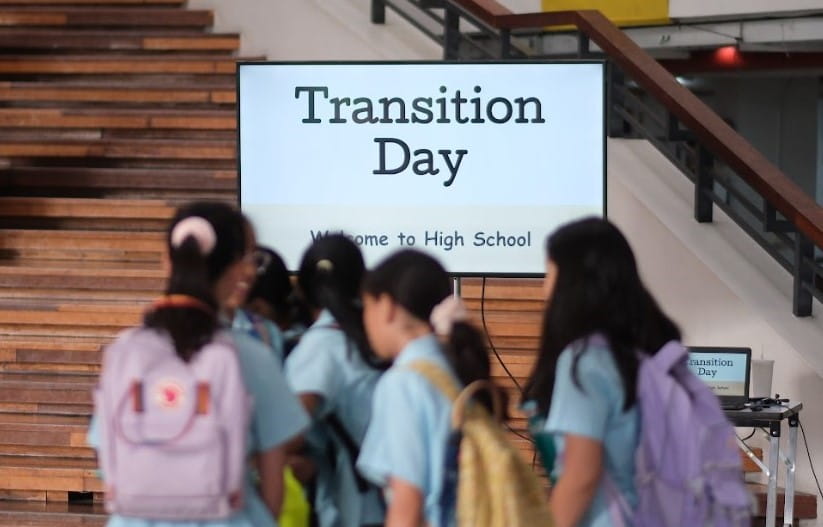Keeping Early Years Unique
Mrs Jo and Mrs Meg had a great opportunity during the summer holidays to join a group of 100 professionals in Birmingham to learn more about helping children help themselves to learn. Read about some great ideas which were presented to help our children forward in their learning.
Mrs Jo and Mrs Meg had a great opportunity during the summer holidays to join a group of 100 professionals in Birmingham to learn more about helping children help themselves to learn. Read about some great ideas which were presented to help our children forward in their learning.
In the world of Early Years, teachers are always aware of how their interactions affect the learning of children. Mrs Jo and myself had a great opportunity in the summer holidays to join a group of 100 professionals in Birmingham to learn more about helping children help themselves to learn. The title of the conference was “Less is more” and was presented by 6 esteemed practitioners, Sue Westmore, Anna Ephgrave, Ruth Moore, Kym Scott, Leah Morris and Elaine Bennet.
Kym kicked off the presentations highlighting the “power of play” in the EY, providing statistics about the the effects of directed activities compared to play-based ones and the social development (and even crime rates) of learners.
Ruth Moore’s presentation focused on the importance of an environment which is calm, predictable, open-ended, encourages independence, highlighting the important role of the practitioner as a scaffolder to enable learners to problem solve. She surprised the room with information that a practitioner has more than 1000 interactions a day! (No wonder we are all exhausted by the end of it!) The interactions we have can be most beneficial and turned into “teachable moments” if we simply “watch, listen and wait.” Responding with open ended statements of “I wonder if… what… where… how…?” to encourage children to think more deeply.
Sue Westmore also focussed her presentation on the environment, specifically on the outdoors. She encouraged the delegates to consider how their own environments were enabling: playful teaching; emotionally welcoming; richly resourced; well organized and planned; physically and mentally stimulating and challenging; and a place where you want to be. An environment audit was recommended, when we start the new academic year, keeping those ideas in focus. She encouraged risky play, seeing the benefits to children’s mental health and well-being, teamwork and collaboration as important to learners’ development.
Anna Ephgrave highlighted the importance on the interactions observing their engagement. She asked delegates to observe when they see the best engagement in the children and quoted a young learner who exclaimed “sitting on the carpet wastes my life.” She also placed importance again on the environment making it clutter free, with neutral colours using open-ended equipment.
Elaine Bennet’s presentation was particularly focused on mathematics through play. The long-term impact of creating a firm foundation of practical realistic understanding of mathematical concepts of shape, space, order, numerals, pattern and measure is much more important than “speeding up children’s development” in recording numbers and table based activities. She gave suggestions of practical activities such as cooking and water play, making maths real with everyday resources such as ribbons, buttons, peas and chocolate boxes.
Finally, Leah Morris placed huge importance on the environment. She gave practical storage ideas to enable children to look after their own environment and kept the resources as real as possible allowing elements of risk (following specific risk assessments). Simple ideas such as getting the children to make their own playdough, making sure there are dust pan and brushes for the children to clear up for themselves, and setting up their own snack table were refreshing to hear. She showed examples of family walls (pictures of the learners’ families) and the year board, where a collection of photos, building up over the months, show the experiences throughout the year.

The day ended after seven hours of conversation, presentations, questions and answers. The atmosphere was warm and welcoming and the speakers were very helpful, honest and interested in their delegates’ experiences. Both Mrs Jo and myself came away with some great ideas to help our children forward in their learning. If you have any questions about any of these issues in the article, please don’t hesitate to ask.








